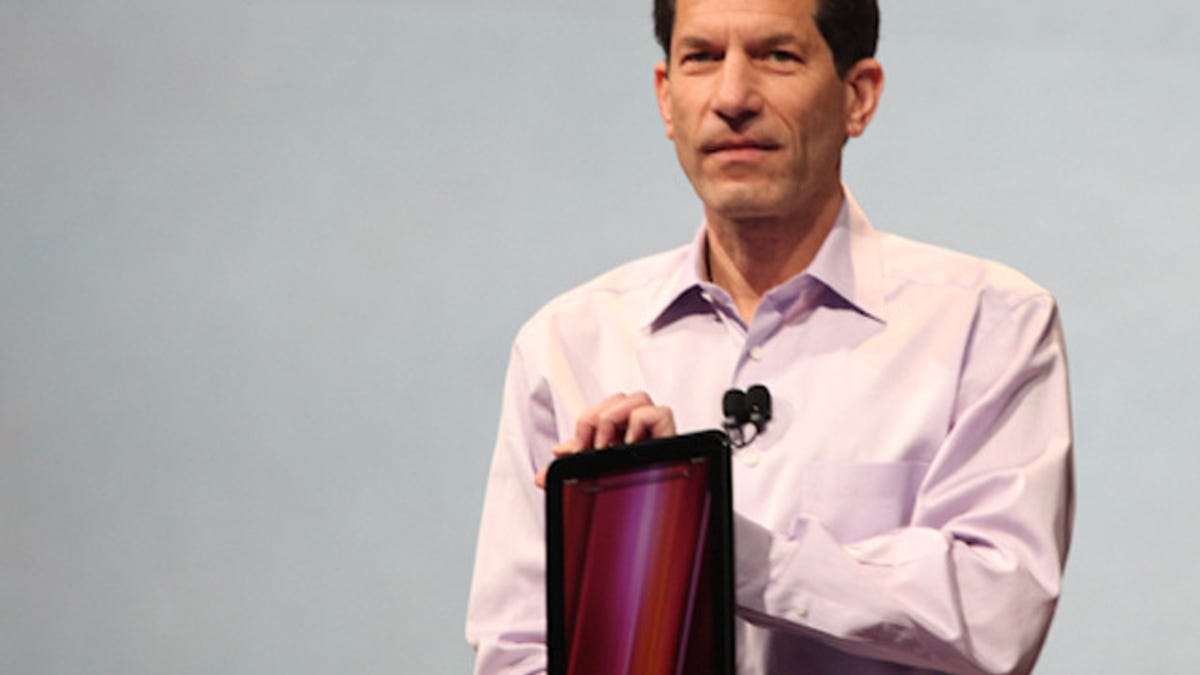Former Palm CEO Jon Rubinstein calls sale to HP 'a waste'
Three years after the $1.2 billion acquisition, Rubinstein says it's unlikely he would have supported the deal if he'd had any idea that Hewlett-Packard would abandon WebOS.

Nearly three years after Palm sold itself to Hewlett-Packard, the mobile device maker's former chief executive expressed regret about the deal, calling it "a waste."
When asked if there was something he have done differently with the rollout of the WebOS mobile operating system, Jon Rubinstein told Fierce Wireless in a story published Tuesday that the HP acquisition spelled the end for Palm's mobile OS. And if he had known then what he knows now, Rubinstein said, it's very unlikely he would have agreed to the deal.
"Talk about a waste," said Rubinstein, who joined HP as an executive after the acquisition but left the company a year and a half ago. "If we had known they were just going to shut it down and never really give it a chance to flourish, what would have been the point of selling the company?"
The July 2010 deal gave HP a mobile operating system of its own and sudden relevance in the smartphone industry. However, WebOS failed to gain traction in the crowded mobile OS market, and a year later then-HP CEO Leo Apotheker announced that the company would discontinue operations for WebOS devices.
Meg Whitman, who replaced Apotheker as CEO a month later, ultimately decided to open-source the operating system and the Enyo application framework. WebOS got a shot in the arm in February when LG announced it would acquire the operating system for use not in its smartphones but in its smart televisions.
Rubinstein also noted that the company was in real trouble even before Verizon Wireless and Vodafone had second thoughts about carrying the Palm Pre in 2009, leaving Sprint as "the best deal we could get at the time" for the device.
"Palm was dying when I got there," said Rubinstein, who took the helm at Palm just a year before HP's $1.2 billion acquisition in 2010. "It wasn't like we had the pick of the litter. Everybody forgets that Palm was pretty much dead when we did the recapitalization [in 2007]. It had no future at the time."
Despite such huge obstacles, Rubinstein noted that WebOS laid the groundwork for many of the recent features showing up in Android, as well as the operating systems of Apple and Microsoft.
"If you look at the notifications on Mac OS X, it looks just like WebOS, too," said Rubinstein, spotlighting multitasking, notifications, and cards. "We did a lot of things that were very, very innovative."
(Via The Verge)

